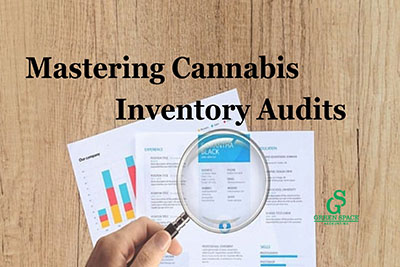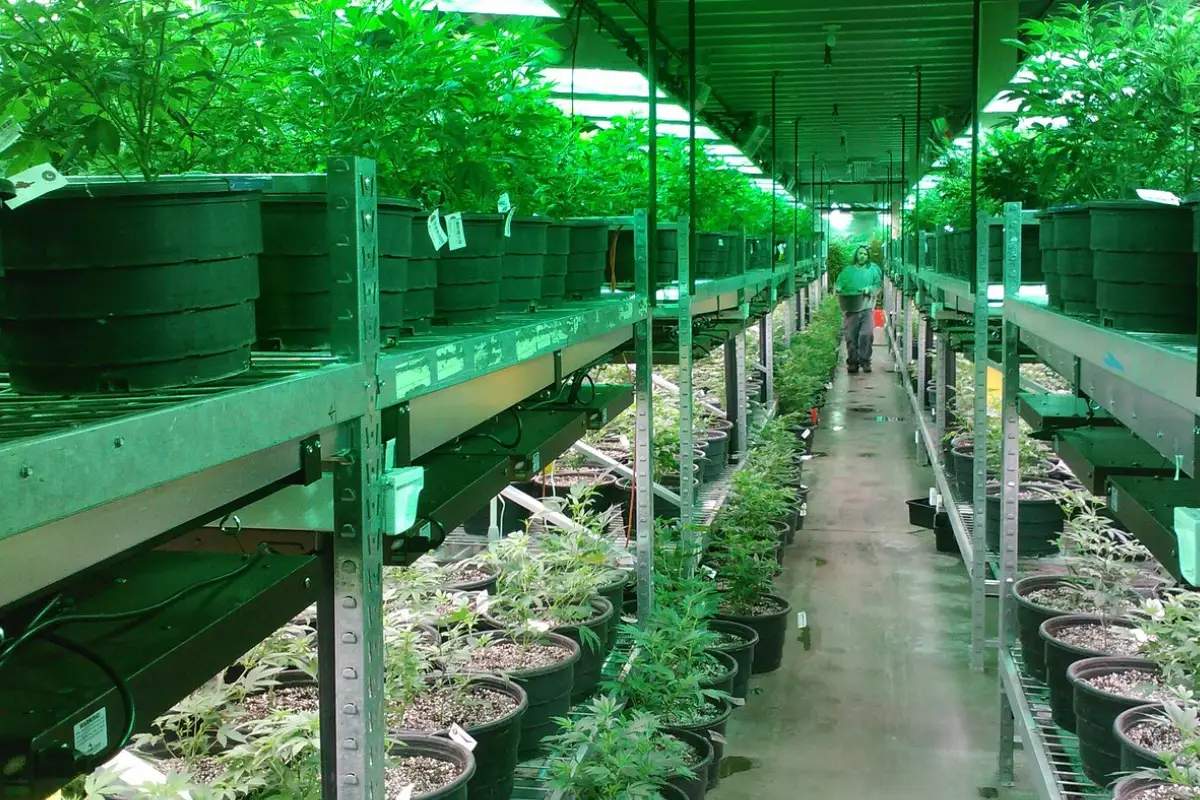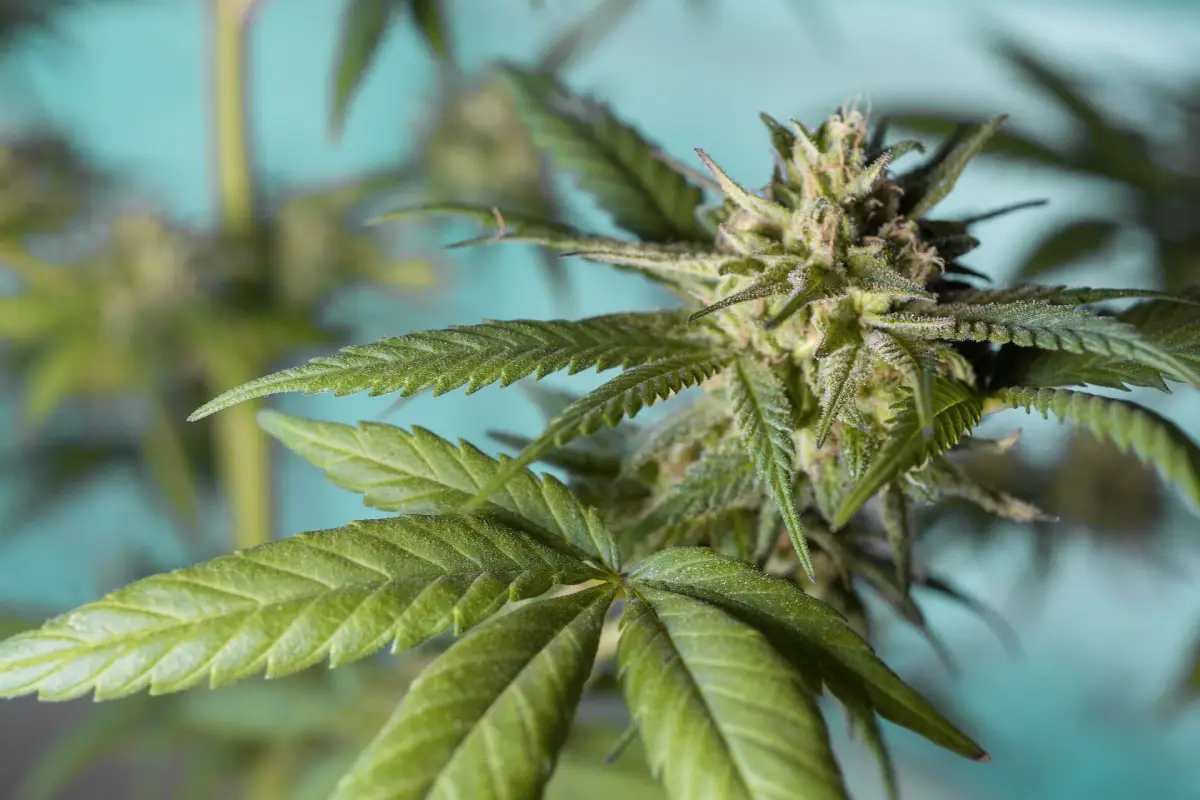
A cannabis inventory audit can grow your operations by preventing losses from theft or mismanagement, streamlining the inventory process by identifying obsolete stock, and much more.
If your cannabis dispensary, cultivation, or testing facility is having trouble with inventory or is met with unnecessary fines then this guide is for you.
We will go into detail about how you can conduct a cannabis inventory audit for your business. Keep reading for more.
Why Cannabis Businesses Need Inventory Audits
As we mentioned, it can help streamline your inventory process and ensure your business avoids future discrepancies.
Here are other reasons why an inventory audit is needed:
- Compliance with Regulatory Requirements: An audit keeps your business compliant with regulations in your state and beyond. You keep your records in order with an audit, which your business needs to stay compliant.
- Financial Accuracy and Profitability: An inventory audit allows the business to keep track of inventory costs or expenses, which provides financial accuracy and increases profit margins. This way, your business won’t worry about overpaying or underpaying inventory.
- Operational Efficiency: It also enhances operational efficiency leading to more substantial growth.
- Prevention of Loss and Theft: When you keep track of inventory coming in and out, the business knows exactly where the inventory is going leading to a prevention of loss and theft.
Any cannabis business will operate better with a clear inventory audit process.
Common Pitfalls Occurring Without Incorporating Inventory Audits
You need to avoid common pitfalls that can occur if you don’t conduct an inventory audit process.
These include:
1. Compliance Issues
Compliance is crucial for cannabis businesses, as federal and state regulations require businesses to meticulously track and report inventory, often down to each gram or plant. Non-compliance can lead to severe penalties, including fines, license suspension, or even business closure.
2. Inventory Shrinkage
Inventory shrinkage is the loss of product that occurs between the point of purchase from suppliers and the point of sale, often due to theft, human error, or unaccounted-for waste. In the cannabis industry, where products are high-value and controlled, shrinkage can erode profit margins quickly.
3. Overstock and Waste Management
Cannabis products have limited shelf lives, especially perishable items like edibles, and different regulations govern the disposal of expired or damaged products. Overstocking leads to wasted products and potential compliance issues if expired products aren’t disposed of correctly.
4. Financial Reporting Challenges
Accurate financial reporting is fundamental to any business, but it’s especially challenging for cannabis businesses due to varying tax obligations and the need to reconcile inventory data with accounting records.
These issues can occur for cannabis companies that don’t incorporate a cannabis inventory audit.
How To Conduct A Cannabis Inventory Audit
Now you know how beneficial an inventory audit is for cannabis businesses, especially for dispensaries, let’s go into detail about how you can start the process.
Cultivators
- Tracking Plant Counts: For cultivators, you need to track all cannabis plants being grown in the facility from seed to plant. Tracking each plant is necessary to see how much inventory you have during the growth process. It’s also important to use a seed-to-sale tracking system to make it easier to track your cannabis plants. The software takes every plant and categorizes the strain, batch number, and other important data points that meet compliance regulations.
- Recording Growth Stages: During the growth period, it’s best to record all the growth stages the cannabis plant goes through from seed, pre-flowering, flowering, and harvest stage. Documenting and recording are essential to having a smooth inventory procedure that makes it simple to conduct an inventory audit.
- Inventory of Harvested Products: Taking a total account of all the harvested products is another critical element you need to track and record for the inventory audit.
Processors
- Ingredient and Material Tracking: It’s necessary to log all raw materials and packaging by organizing these items based on their type and use; for instance, categorize cannabis flower by strain or potency and separate packaging by size or material type. Assign unique identifiers, such as barcodes, SKUs, or batch numbers, to each item, with batch numbers being essential for compliance and tracking in cannabis operations.
- Production Tracking: At this point, you’ll want to document batch production and yield calculations for a thorough headcount for processing cannabis.
Retailers
- Sales Logs: For cannabis dispensary owners, it’s best to develop the habit of recording and filing details sales records. This keeps your business organized as sales come into the business.
- Stock Level Monitoring: Maintaining proper stock level and monitoring it is necessary to keep all inventory in check. It’s best to have a procedure in place if you don’t have one already and regularly check inventory stock to reconcile discrepancies.
- Customer Returns and Damaged Goods: Also keeping track of customer returns and damaged goods is necessary so it can be separated from other inventory. You don’t want to mix new inventory or others with these types as it can mix up costs. Categorizing every inventory type is best to keep everything organized to maintain compliance with state regulations.
An inventory audit can be effective in keeping your business compliant and avoiding any financial discrepancies. It helps get you control over your inventory management procedure and excel.
Start Your Inventory Audit Today
Now that you know why an inventory audit is essential and how to start structuring for an inventory audit, it’s time to start doing it to maintain compliance.
If you don’t want to do an inventory audit yourself, working with cannabis accountants can help you stay on track and pass any regulatory inventory audit. We at Green Space Accounting, work with companies to complete an audit for their cannabis inventory so they can succeed and optimize their finances.
Schedule a call with us today by booking a one on one with our accountants. We will guide you on the process and other financial needs you may have.







